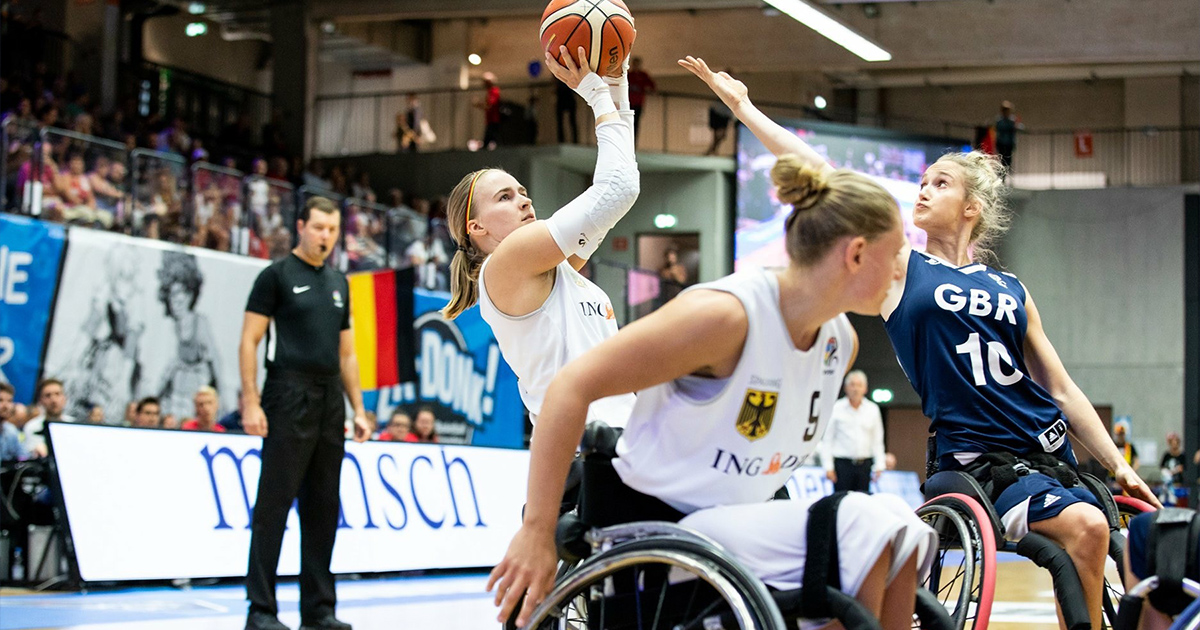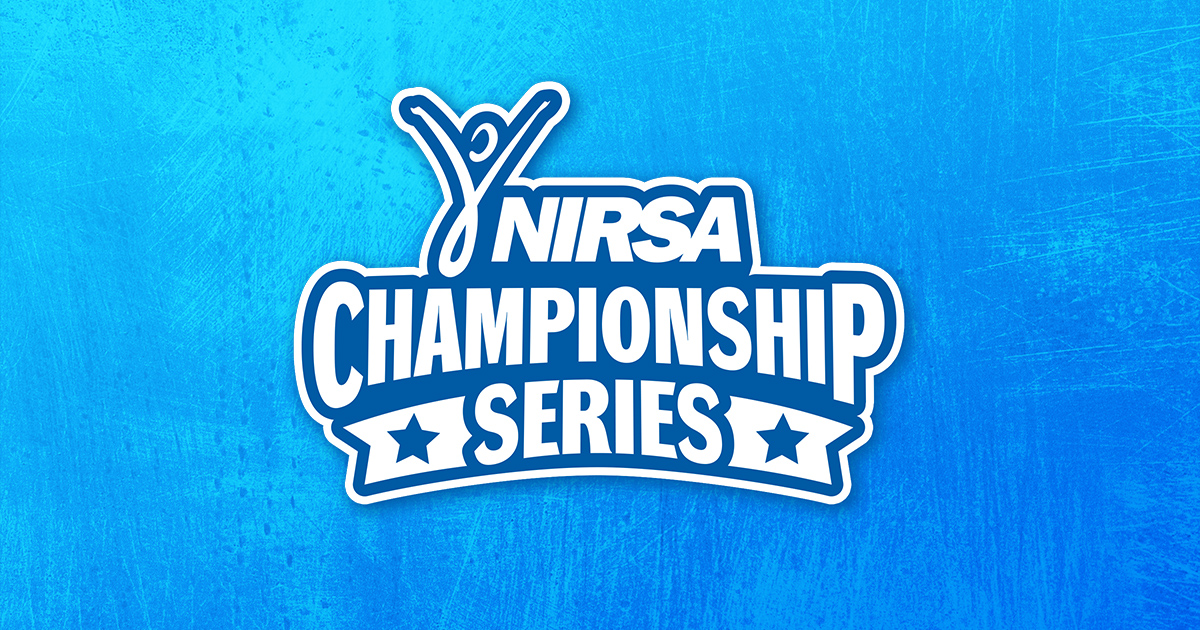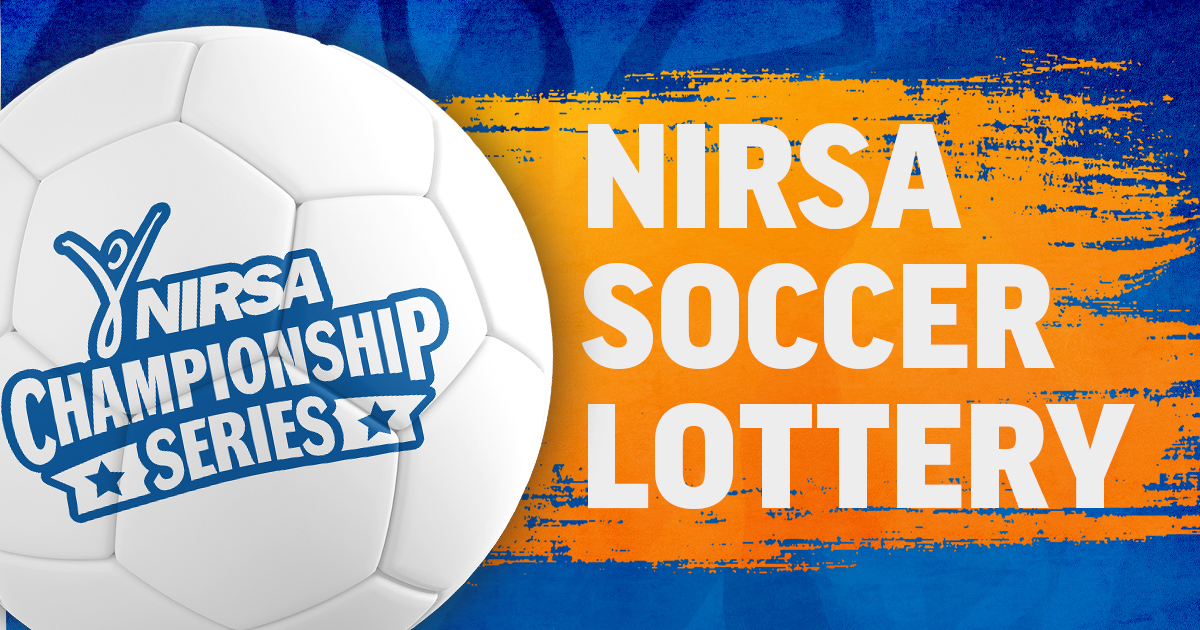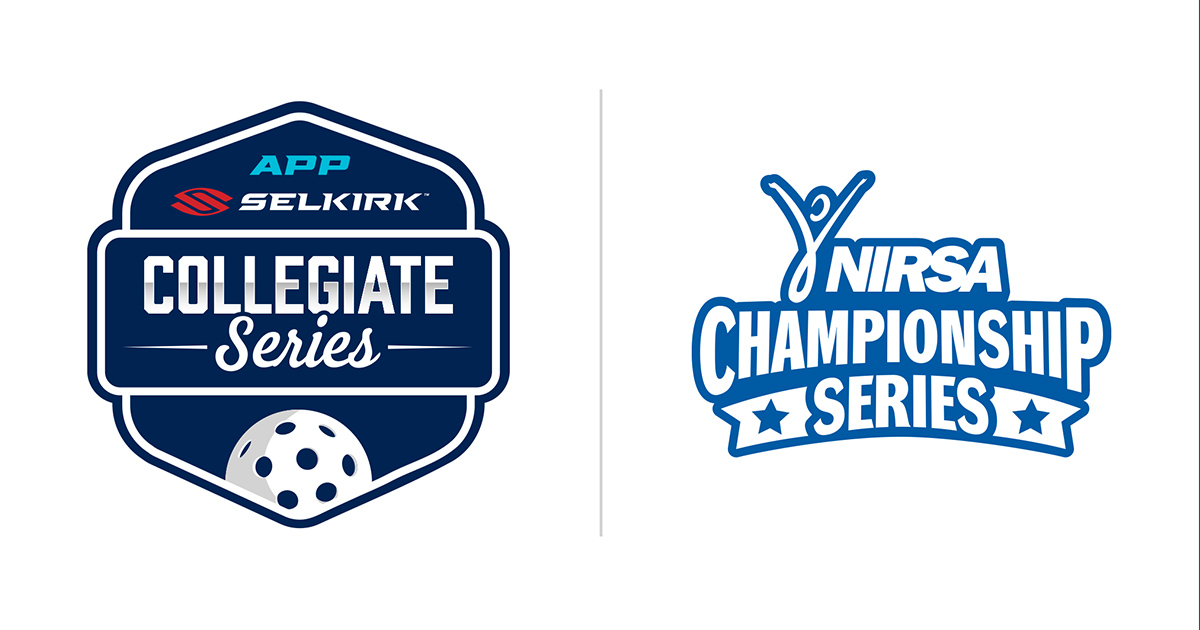Darrell Hargreaves is the Associate Director, Facility Operations at the University of Alabama. He got his start in officiating as a freshman at Troy University. “Basketball was my first sport and I loved the experience of calling a game immediately,” says Darrell. “I really started getting connected to extramural tournaments while I was an intern at Florida State University. At that point, my goal was referee as many games as possible and learn from mentors any chance I could get!”
NIRSA has proven instrumental to Darrell’s growth as a sports official. He explains that “being able to attend extramural tournaments as an official, clinician, and tournament director” has been incredibly helpful. “When you attend those tournaments in any capacity,” explains Darrell, “the wealth of knowledge you gain by attending is massive. I always came away from a tournament learning something to help my game.” He chooses to officiate NIRSA Championship Series events to “get better and bring back knowledge to my campus.”
Darrell has officiated countless games throughout his officiating career, but a few stand out for him as particularly memorable—as real highlights of his career. These include state final games, working a Division 3 Conference Championship, and the women’s gold medal game at the London Paralympics in 2012.
Wheelchair basketball at the 2020 Summer Paralympics will begin on Tuesday, August 24, 2021 and ends on Sunday, September 5. Darrell will be the sole technical official from the United States of America for wheelchair basketball at the Tokyo 2020 Paralympic Games.
Teamwork, critical thinking, and communication under pressure
“I got into officiating wheelchair basketball because I wanted to get into officiating college basketball and the rules in wheelchair basketball were the same as NCAA college rules,” explains Darrell. “Same lines on the court, shot clock, etc.” He was fortunate enough to have the opportunity to get internationally certified in wheelchair basketball in 2009. “To be invited to work at the biggest stage for these athletes is an honor,” says Darrell. “These athletes work for four years to qualify and bring home a medal. The competition is amazing!”
Darrell thinks good sports officials are generally eager to learn, put the work in to improve themselves, and are able to critique themselves. He encourages any burgeoning sports official to “find a great mentor, get video of your games, and be honest with yourself.”
When it comes down to it, officiating sports—at the recreational or competitive levels—requires “the application of teamwork, critical thinking, and communication under pressure,” says Darrell; skills that will benefit professionals across many walks of life.
You can find Darrell on Instagram and Twitter. And student officials looking to develop their skills can keep up to date with the latest opportunities on the NIRSA Play website.
- If you are interested in highlighting your campus or a NIRSA member’s achievements on your campus, pitch us your ideas.






